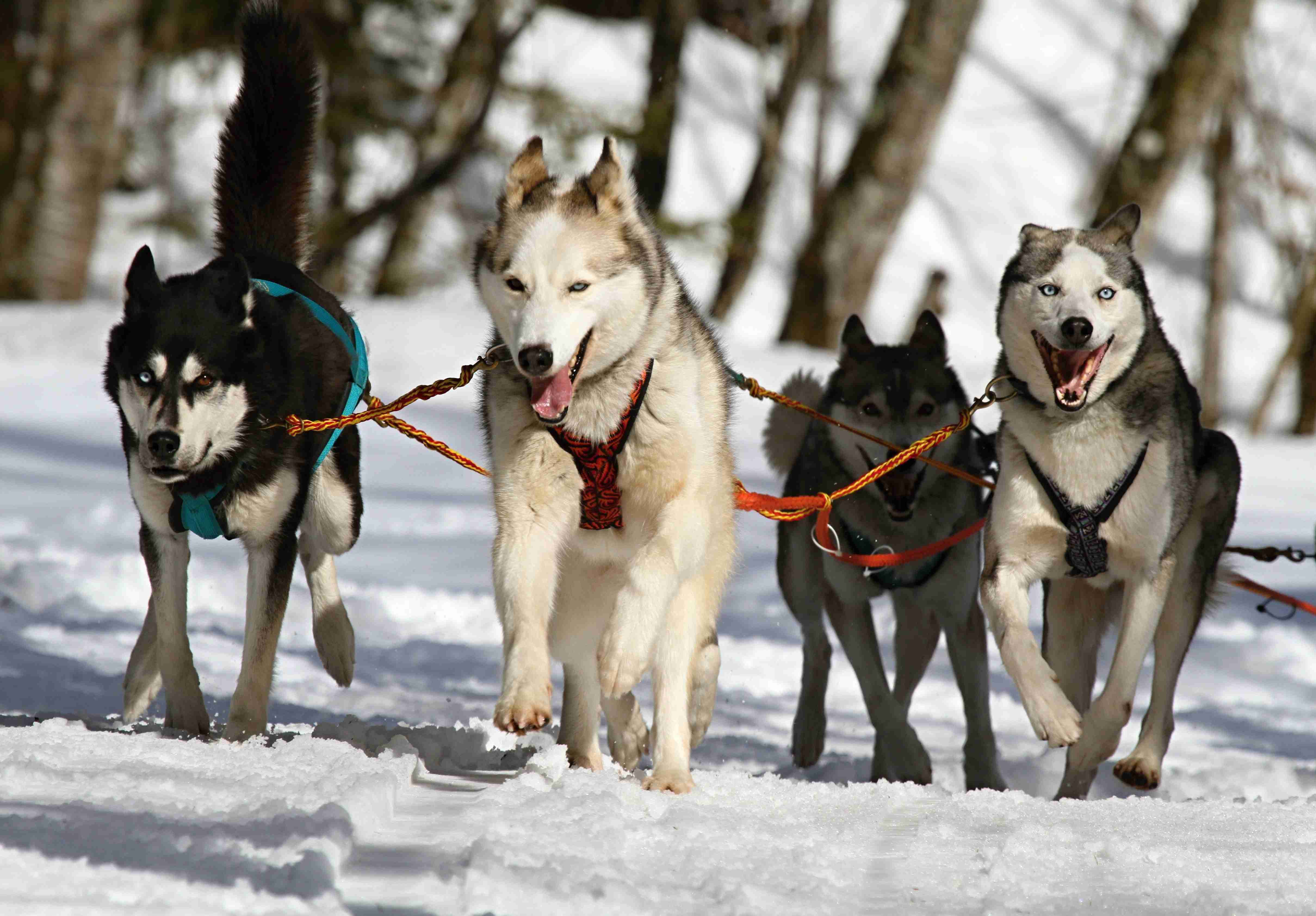As a pet owner, you always want your furry friend to be in the best of health. However, sometimes dogs can suffer from health issues that are not visible to the naked eye. One such condition is hypothyroidism, a hormonal disorder that affects many dogs. Hypothyroidism occurs when the thyroid gland does not produce enough thyroid hormones, which can lead to several health problems in your dog. In this blog post, we will discuss the common signs of hypothyroidism in dogs, so that you can identify the issue early and take the necessary steps to treat it.
Is Your Dog Suffering from Hypothyroidism? Look Out for These Common Signs
As a dog owner, it is important to keep an eye out for any signs of health issues in your furry friend. One common condition that affects dogs is hypothyroidism, which occurs when the thyroid gland does not produce enough hormones. Hypothyroidism can lead to a range of symptoms that can impact your dog’s quality of life. In this blog post, we’ll explore the signs of canine hypothyroidism and what you can do to help your dog if they are suffering from this condition.
What is Hypothyroidism in Dogs?
Hypothyroidism is a condition that affects a dog’s thyroid gland, which is located in the neck. The thyroid gland is responsible for producing hormones that regulate metabolism and other bodily functions. When the gland is not functioning properly, it can lead to hypothyroidism. This condition is more commonly seen in middle-aged and older dogs, and certain breeds like Golden Retrievers, Boxers, and Great Danes are more susceptible to hypothyroidism.
Signs of Canine Hypothyroidism
There are several signs that your dog may be suffering from hypothyroidism. Here are some of the most common symptoms:
1. Weight Gain: Hypothyroidism can cause your dog to gain weight even if they are eating a normal amount of food.
2. Lethargy: Dogs with hypothyroidism may seem tired and have less energy than usual.
3. Hair Loss: A common sign of hypothyroidism is hair loss, particularly around the tail and back of the legs.
4. Skin Issues: Hypothyroidism can cause dry and flaky skin, as well as other skin issues like rashes and infections.
.png)
5. Intolerance to Cold: Dogs with hypothyroidism may feel cold more easily than usual.
6. Changes in Behavior: Hypothyroidism can cause changes in your dog’s behavior, such as increased aggression or depression.
7. Slow Heart Rate: A slow heart rate is a common symptom of hypothyroidism in dogs.
If you notice any of these symptoms in your dog, it is important to take them to the vet for a proper diagnosis.
Diagnosing Hypothyroidism in Dogs
Diagnosing hypothyroidism in dogs requires a blood test to measure the levels of thyroid hormones in the body. Your vet may also perform a physical exam and check for other symptoms to confirm the diagnosis. Once diagnosed, your vet will likely prescribe medication to replace the thyroid hormones that are missing.
Treating Hypothyroidism in Dogs
Treatment for hypothyroidism in dogs involves medication and management of symptoms. Your vet will prescribe synthetic thyroid hormones in the form of a pill that your dog will need to take daily. It may take a few weeks or months for your dog’s symptoms to improve, but with proper treatment, most dogs with hypothyroidism can live happy, healthy lives.
In addition to medication, there are other things you can do to help manage your dog’s symptoms. For example, feeding your dog a healthy diet and getting regular exercise can help manage weight gain. You may also need to adjust your dog’s environment to help them stay warm and comfortable, such as providing extra bedding or a heated bed.
Conclusion
Hypothyroidism is a common condition in dogs, but with early detection and proper treatment, your furry friend can continue to live a happy and healthy life. If you notice any signs of hypothyroidism in your dog, it is important to take them to the vet for a proper diagnosis. By working with your vet and following their treatment plan, you can help manage your dog’s symptoms and keep them comfortable and healthy for years to come.
If you suspect that your beloved furry friend might be suffering from hypothyroidism, don’t hesitate to seek veterinary care. Early diagnosis and treatment can make a significant difference in your dog’s quality of life and overall health. By paying attention to the common symptoms of hypothyroidism and seeking timely medical attention, you can help your dog live a happy and healthy life. Remember to always give your dog the love and care they deserve, and they will reward you with unconditional love and loyalty.


.png)

.jpg)
.jpg)


%20-%20Copy.jpg)